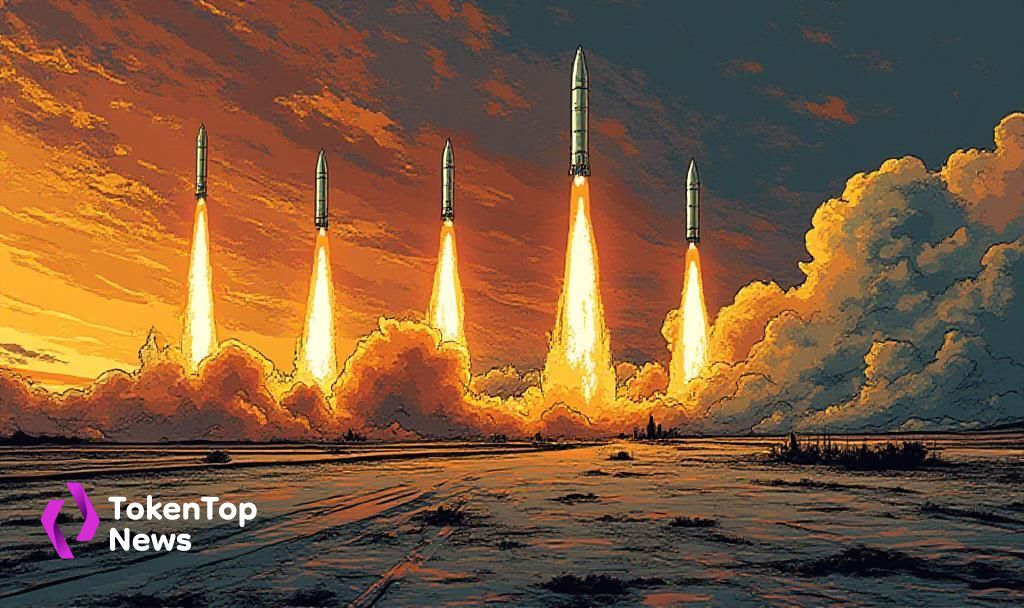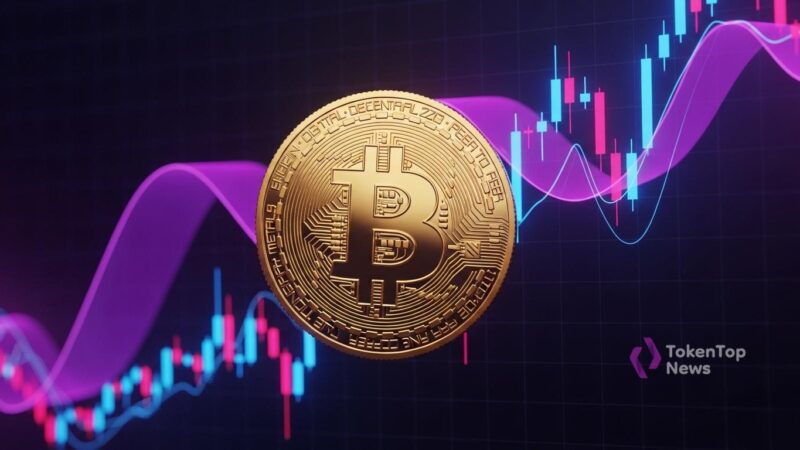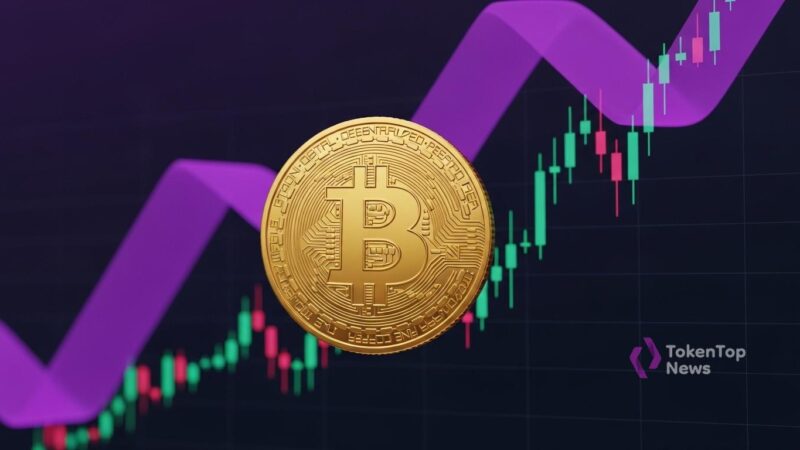Iran Missile Attack on US Base in Qatar Raises Geopolitical Concerns
- Iran retaliated against recent US strikes on its nuclear sites.
- Qatar condemned the attack as a “brazen violation”.
- Potential crypto market volatility due to geopolitical tensions.

The missile launch underscores how quickly tensions can escalate, influencing global markets and geopolitical alliances.
The Iranian Revolutionary Guard Corps claimed responsibility for the attack on the US Al Udeid Air Base in Qatar. Qatar intercepted the missiles and condemned the act, calling it a violation of sovereignty and international law. The US Department of Defense confirmed the attack, stating that no casualties occurred, and the situation remains under observation.
“The State of Qatar strongly condemns the attack that targeted Al-Udeid Air Base by the Iranian Revolutionary Guard. We consider this a flagrant violation of the sovereignty of the State of Qatar, its airspace, international law, and the United Nations Charter…We affirm that Qatar reserves the right to respond directly in a manner equivalent with the nature and scale of this brazen aggression, in line with international law” — Qatari Ministry of Foreign Affairs, Government of Qatar source
The attack has heightened tensions in the region, with potential implications for geopolitical alliances and risk assessments. Qatar’s defense mechanisms were tested, and its air defenses effectively intercepted the inbound missiles, showcasing its defensive capabilities.
Historically, such incidents in the Middle East have triggered market reactions, particularly impacting cryptocurrencies like Bitcoin BTC +0.00% and Ethereum ETH +0.00% . Past events have seen drops in cryptocurrency values due to increased geopolitical risks. The attack may influence crypto markets, traditionally sensitive to Middle East tensions, potentially leading to volatility in Bitcoin, Ethereum, and major stablecoins.
Given the complexity of the situation, market participants will likely keep watch for any further escalations or shifts in regional policy. The ongoing crisis might also shape future defense strategies and regional stability dynamics.




